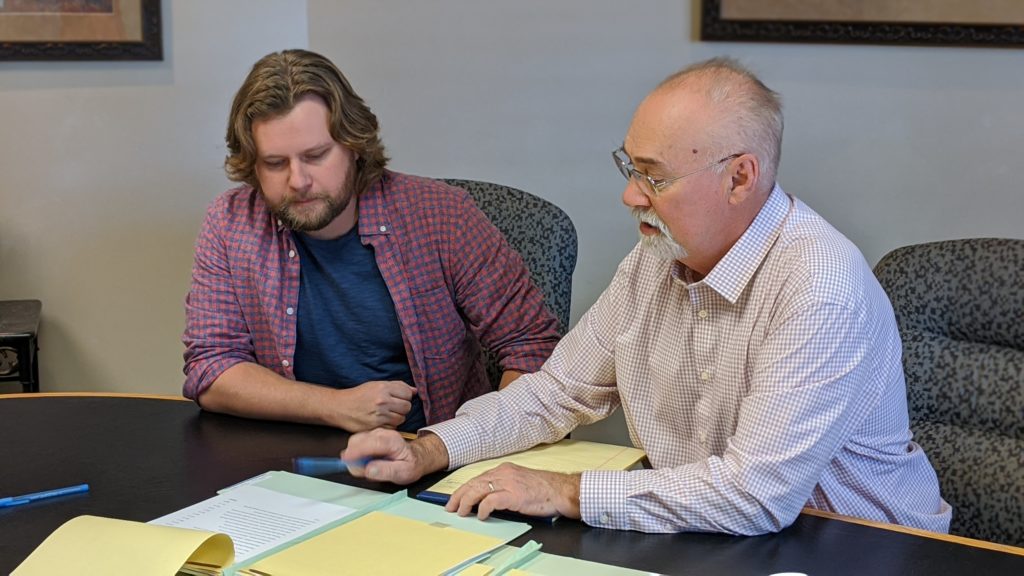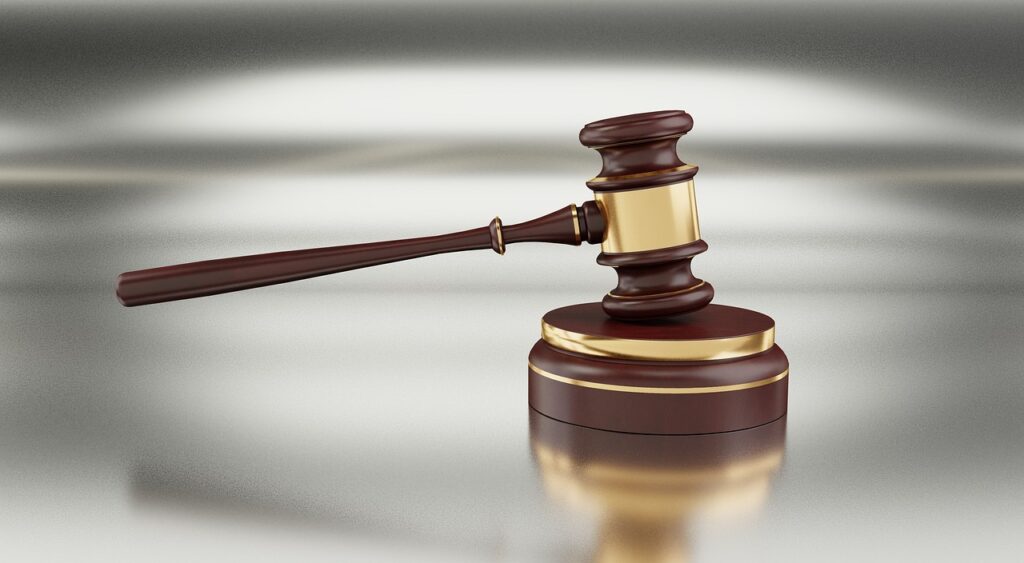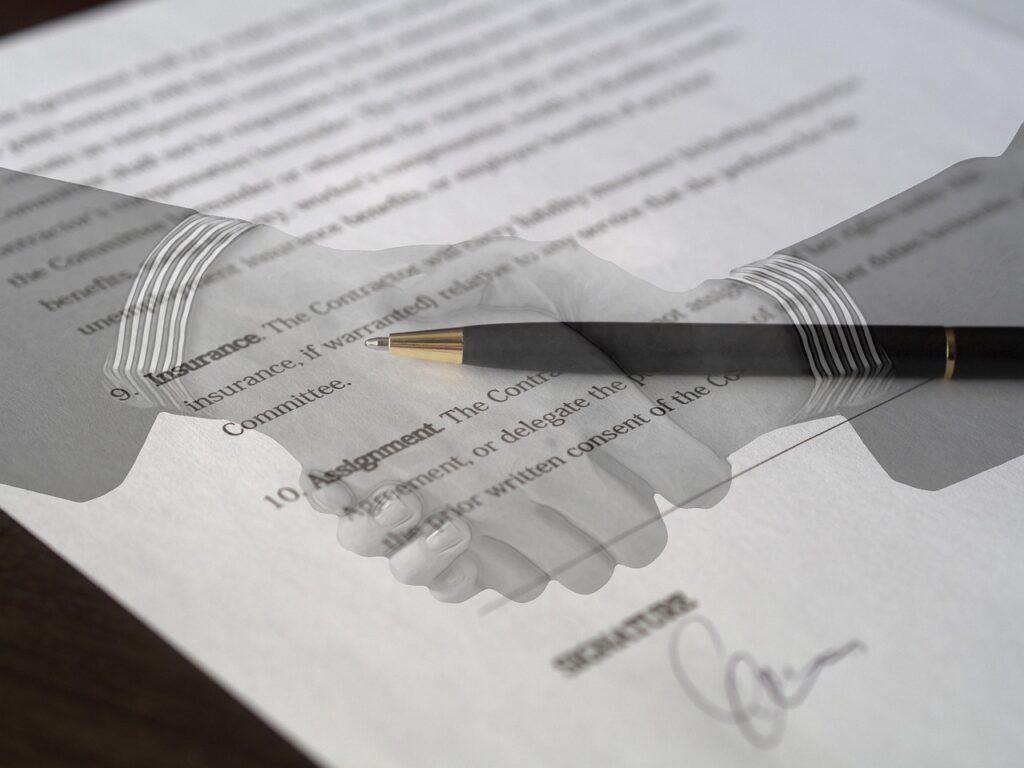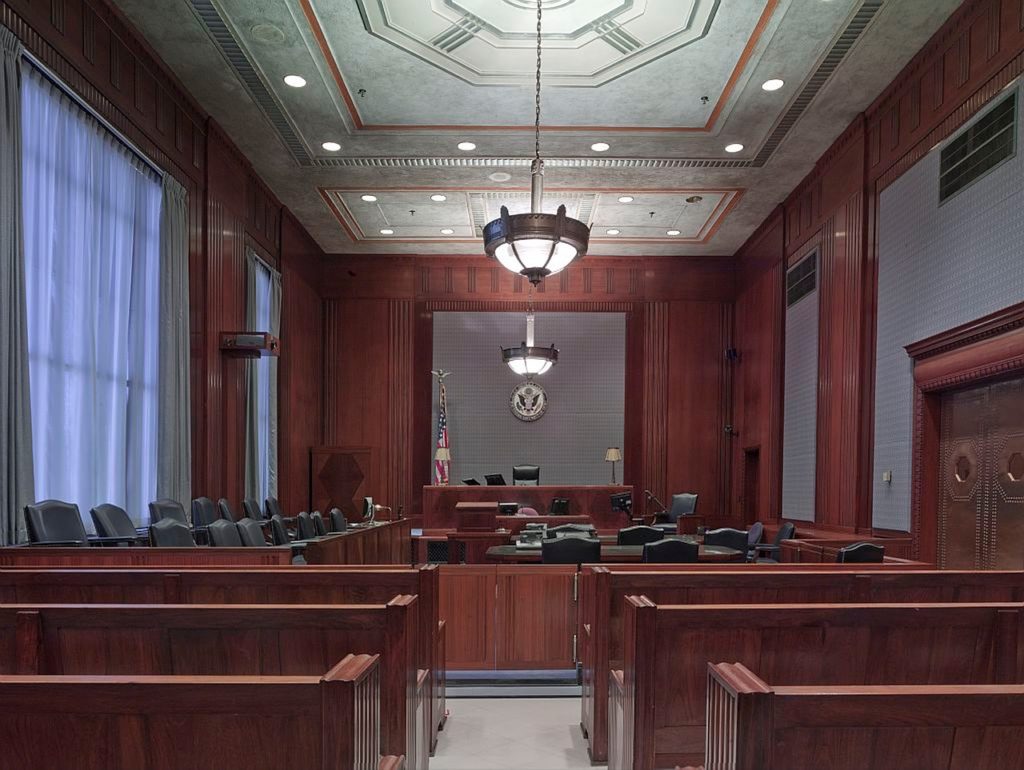FAQ
Why should I hire
Mr. Hosterman?
Our office distinguishes itself by the personal attention it provides to every client. You will not be handed off to associates, as is customary in many firms.
Mr. Hosterman and his legal assistants are always available to answer any questions you may have during the course of your case.
We believe in what we do. Our mission is fighting on behalf of our clients to get them the maximum recovery and a just resolution to their case.

Is there a charge for an initial consultation?
No. We will provide a free consultation, at which time we will discuss the facts of your case and make a determination as to whether we can handle the case for you. If it is not a case that we can handle, we will advise alternative avenues that you may wish to pursue.

Do I really need an attorney?
Not all claims require an attorney’s assistance. However, a good attorney can make a stressful and complicated process much easier.
A knowledgeable attorney can recommend medical treatment, negotiate repairs on your vehicle, assist in getting you a replacement vehicle and negotiate the type of settlement you desire.
An experienced attorney will take into account all of your damages, including pain and suffering and loss of wages, which will result in a higher recovery award.

Is there a deadline to file my case?
Yes. In California, injuries that occurred on January 1, 2003, or after have a two-year statute of limitations. This means that to pursue recovery, you will need to file a complaint with the appropriate court within two years of the date of your accident.
A claim involving a government entity must be filed with the public entity no later than six months from the date of injury. A public entity can be a city, county, state, public school system, police department, fire department, or hospital districts, etc.
In most cases, a claim form can be obtained from the public entity, which will need to be completed and returned to the government entity within the six-month time period.

What happens if I don't file my suit in time?
Your failure to file an appropriate claim or lawsuit on or before the time limits expire will result in a permanent loss of your right to proceed with a claim to recover money damages for your injuries.

What should you do if you've been in an accident?
You should obtain as much information as you can at the scene of the accident.
- The adverse driver’s Information: driver’s license, insurance, and phone number.
- The vehicle’s make, year, model, license plate number.
- If the driver of the vehicle is not the owner, information of the legal and registered owners.
- Names, addresses and telephone numbers of any passengers in the vehicle.
- The names, addresses, telephone numbers and license plate numbers of any witnesses to the accident. Ask them to stay at the scene to talk to the police.
Additionally, you should call the police and have them make a police report. Get the names and badge numbers of the law officers who came to the scene of the accident. Ask the officer where and when you can get a copy of the accident report.
Finally, you should make a diagram of the accident. Include all traffic conditions, weather, time of day, traffic lights and signs that are in the area.

How does a lawsuit work?
The plaintiff begins a lawsuit by filing a complaint in court. The defendant must then respond, usually by filing an answer denying some or all of the plaintiffs claims.
Next comes the discovery phase, during which the two sides learn about the claims and evidence of the accident.
During discovery each party sends a set of written questions called interrogatories to the other side. Each party also makes a written request for production of documents related to the suit from the other side–for example, medical bills, or photographs of property damage.
Once the interrogatories and the request for production are answered, depositions are taken. A deposition is oral testimony given by one party–or witness–to the other.
Subpoenas can also be issued. A subpoena is a demand for a person to appear for a deposition, trial, or arbitration.
After discovery a case goes to trial, arbitration, or mediation. During this phase serious settlement discussions occur that lead to a final agreement.
